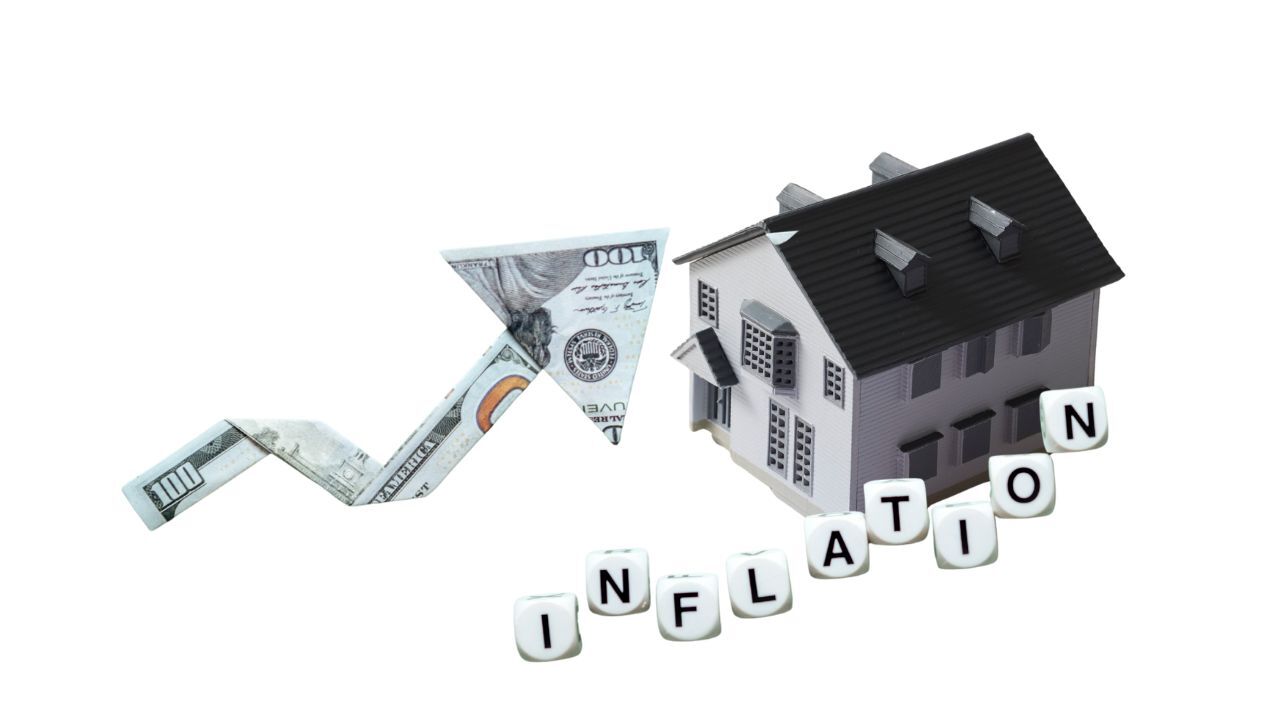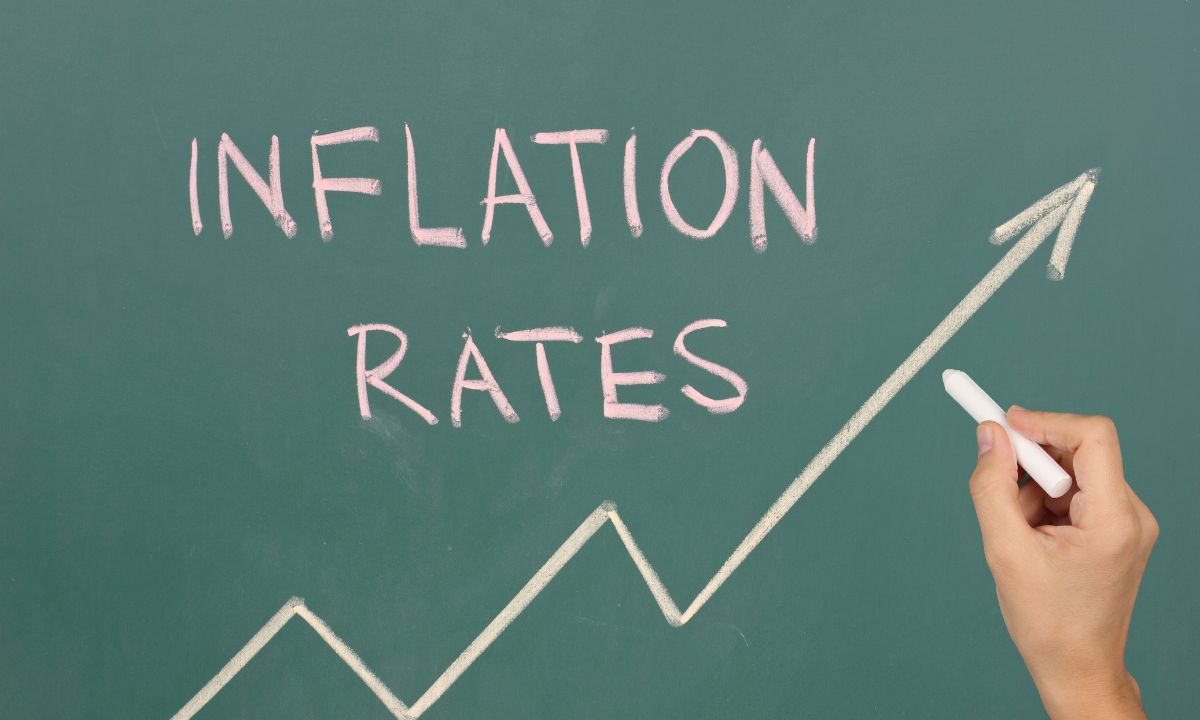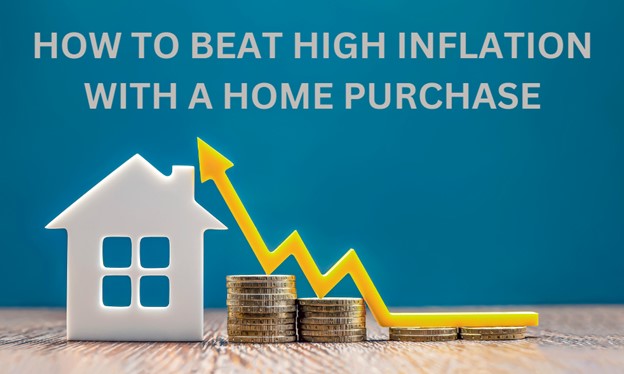Understanding Mortgages and Inflation and How Borrowers Can Benefit
 Inflation affects nearly every part of the economy, from grocery prices to the cost of borrowing. For homeowners and buyers, understanding how inflation impacts mortgage rates and payments can be a powerful advantage. While rising prices can feel discouraging, there are strategic ways borrowers can benefit during inflationary periods.
Inflation affects nearly every part of the economy, from grocery prices to the cost of borrowing. For homeowners and buyers, understanding how inflation impacts mortgage rates and payments can be a powerful advantage. While rising prices can feel discouraging, there are strategic ways borrowers can benefit during inflationary periods.
How Inflation Impacts Mortgages
When inflation rises, the value of money decreases, and interest rates increase. This is because lenders want to protect the value of the money they lend. Higher inflation can mean higher mortgage rates for new loans, which may reduce affordability for buyers. However, for existing homeowners with a fixed-rate mortgage, inflation can work in their favor.
If your mortgage rate is locked in, your monthly payment stays the same even as the cost-of-living rises. Over time, inflation makes your fixed payment feel smaller because your income and overall prices may increase, but your mortgage does not. In this way, inflation can reduce the ìrealî cost of your loan.
Fixed-Rate Borrowers Hold an Advantage
Homeowners with fixed-rate mortgages essentially win when inflation increases. They are paying back their loan with dollars that are worth less overtime, while home values and wages may rise. This combination can boost equity faster and make long-term homeownership an even stronger investment.
Borrowers who purchased homes before major inflationary periods often see this effect clearly. While new buyers might face higher rates, established homeowners enjoy steady payments and growing property values.
Why Real Estate Can Be a Hedge Against Inflation
Real estate has long been considered a hedge against inflation. As prices for goods and services rise, home values usually rise too. That means the property you own could appreciate while your mortgage balance stays the same. This dynamic helps protect your wealth and builds long-term equity, even during uncertain times.
For investors, rental income also tends to rise with inflation. That means owning property can help maintain or even increase cash flow as living costs go up.
Smart Moves for Borrowers During Inflation
Even in an inflationary market, borrowers have options:
- Lock in a fixed rate before rates increase further
- Pay down principal faster to save on interest over time
- Consider real estate as a long-term inflation hedge
- Avoid unnecessary debt, especially variable-rate loans that can rise with inflation
Inflation can be challenging, but it also creates opportunities for smart borrowers. If you already have a fixed-rate mortgage, you are likely in a good position. By understanding how inflation works in relation to mortgages, you can use it to your advantage and strengthen your long-term financial outlook.

 In today’s economic climate, inflation has become a hot topic, especially for potential homebuyers. Understanding how inflation affects mortgage rates and your homebuying power is crucial. Let’s see how it can impact your journey to homeownership.
In today’s economic climate, inflation has become a hot topic, especially for potential homebuyers. Understanding how inflation affects mortgage rates and your homebuying power is crucial. Let’s see how it can impact your journey to homeownership. Inflation can erode the value of your savings over time, and one way to hedge against inflation is by investing in assets that appreciate in value over time. Real estate is often considered a good hedge against inflation, as property values tend to rise in line with inflation.
Inflation can erode the value of your savings over time, and one way to hedge against inflation is by investing in assets that appreciate in value over time. Real estate is often considered a good hedge against inflation, as property values tend to rise in line with inflation.